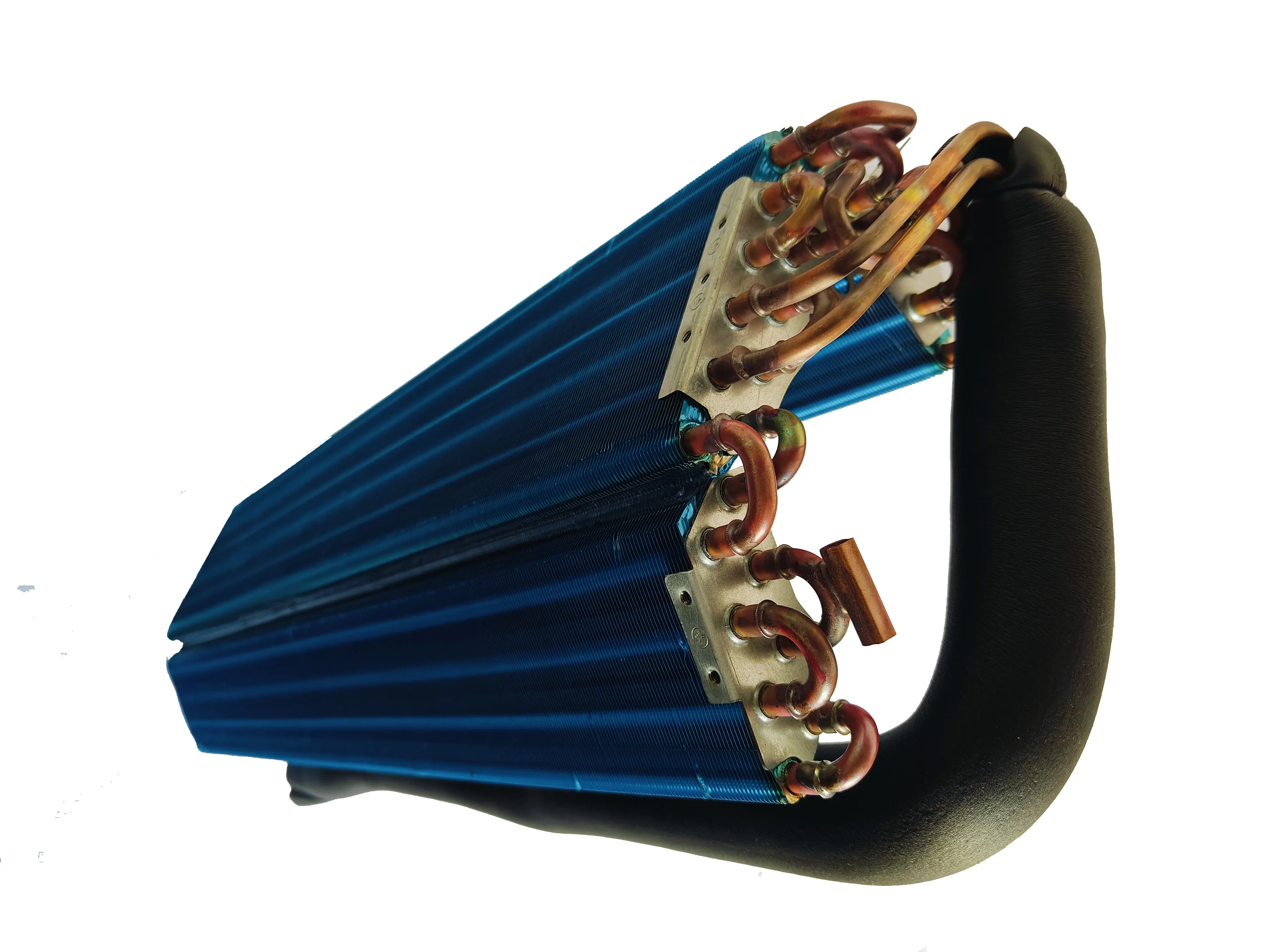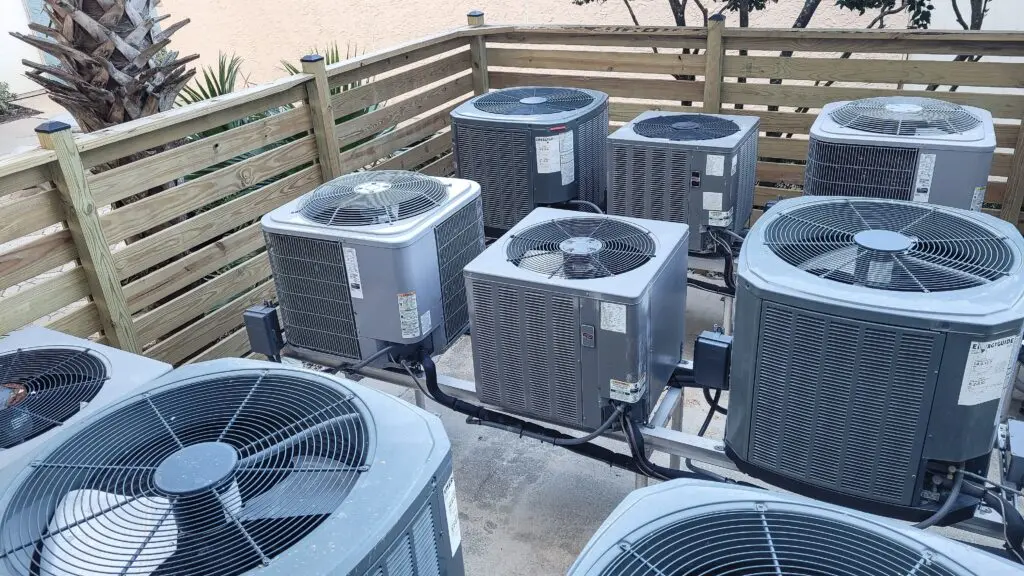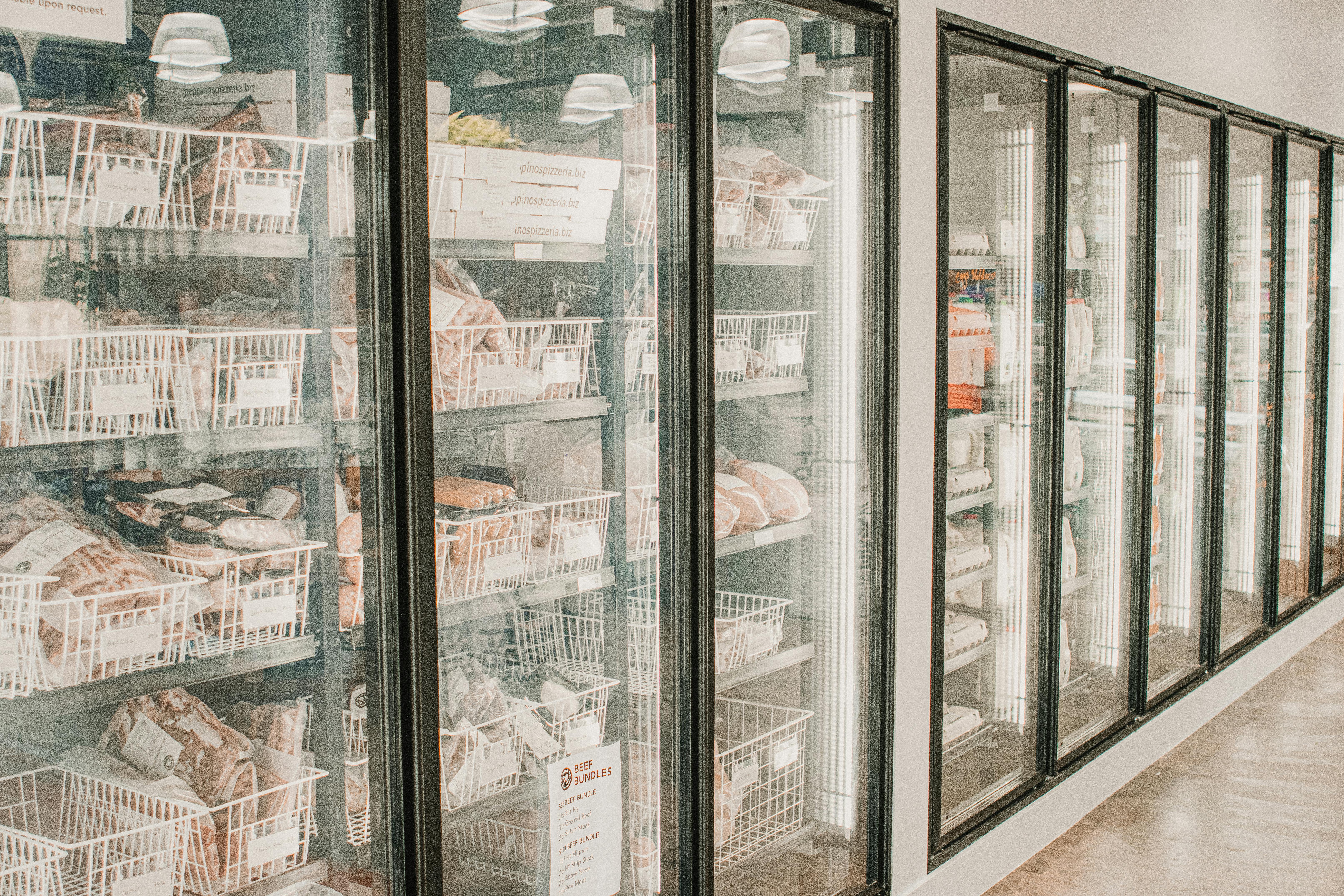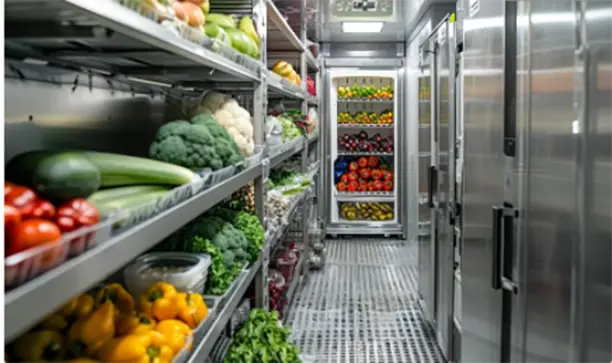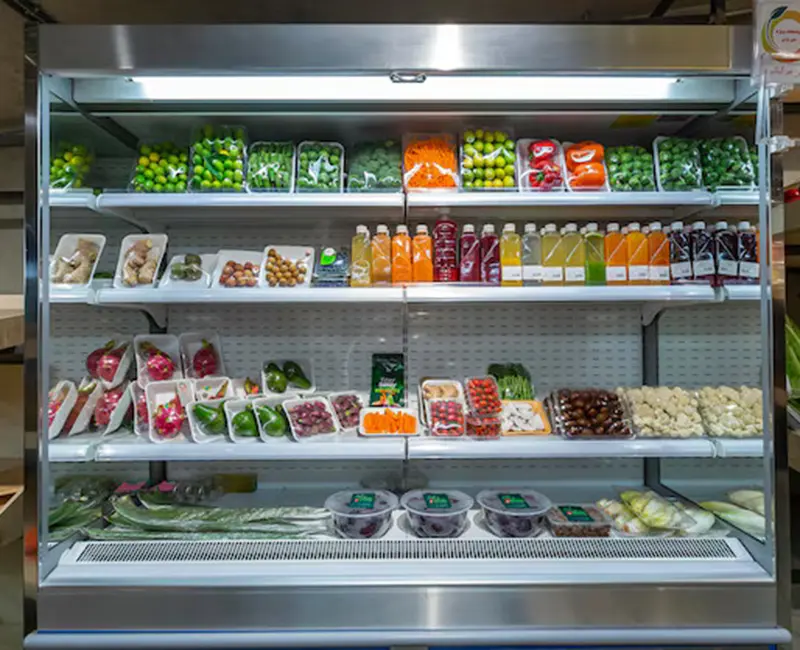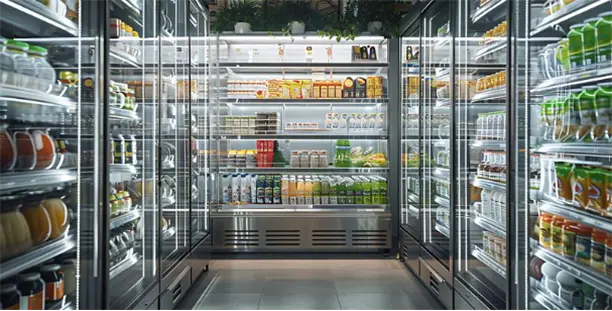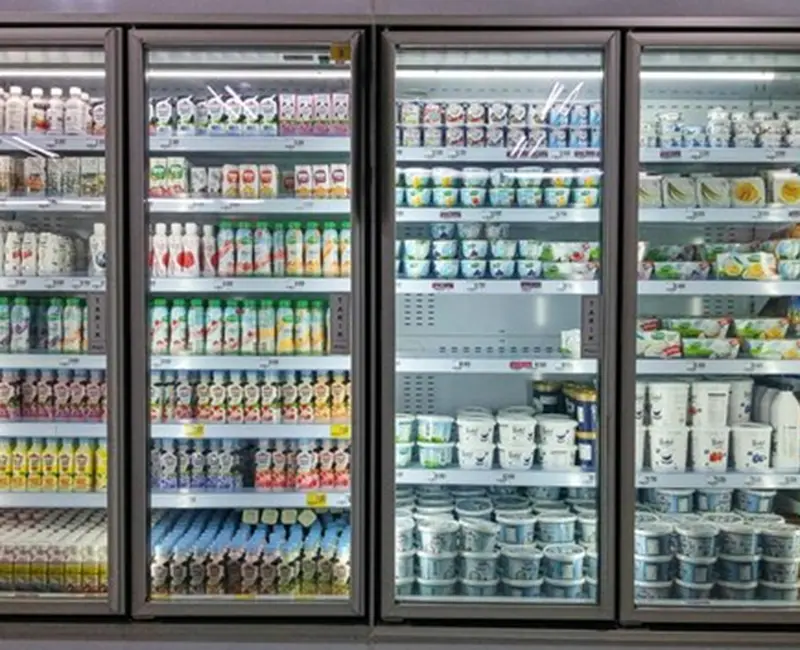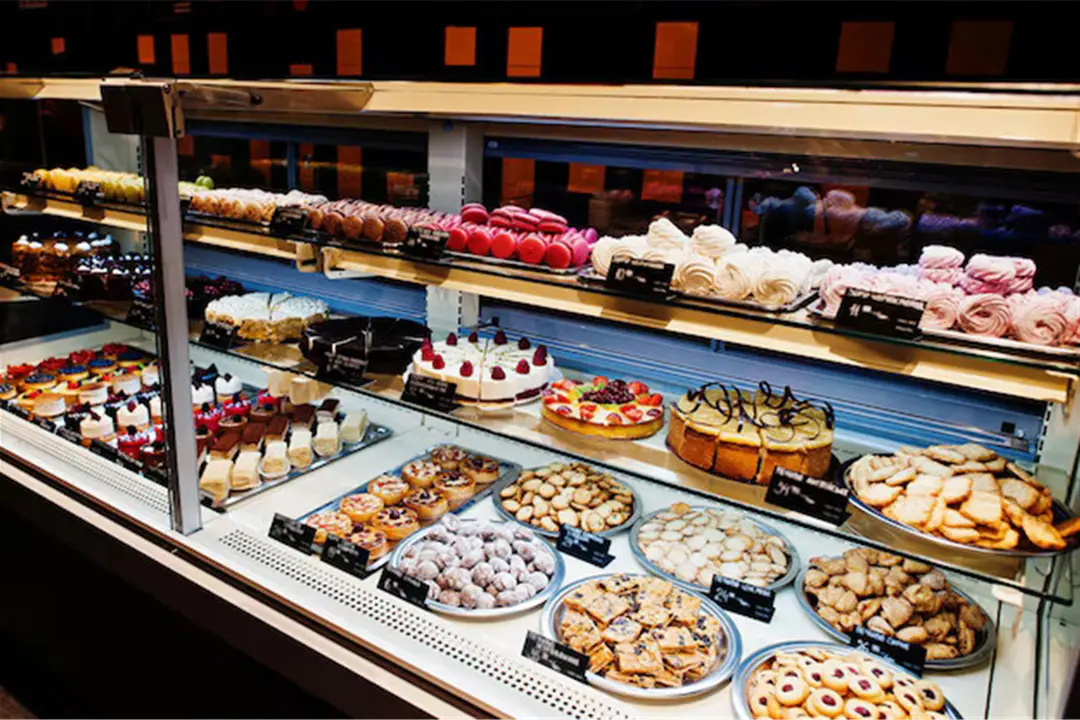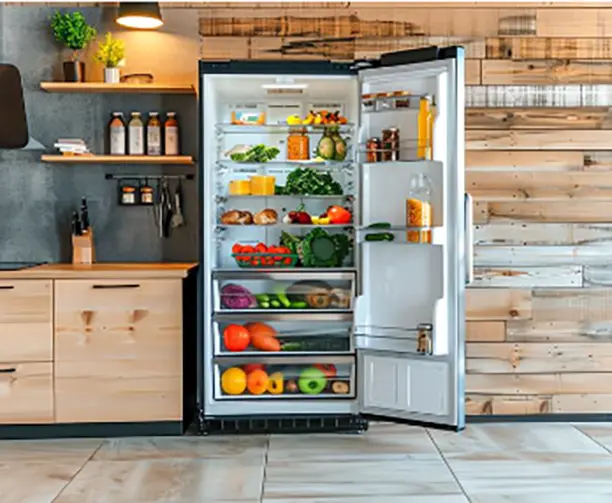How to request a wire tube condenser sample?
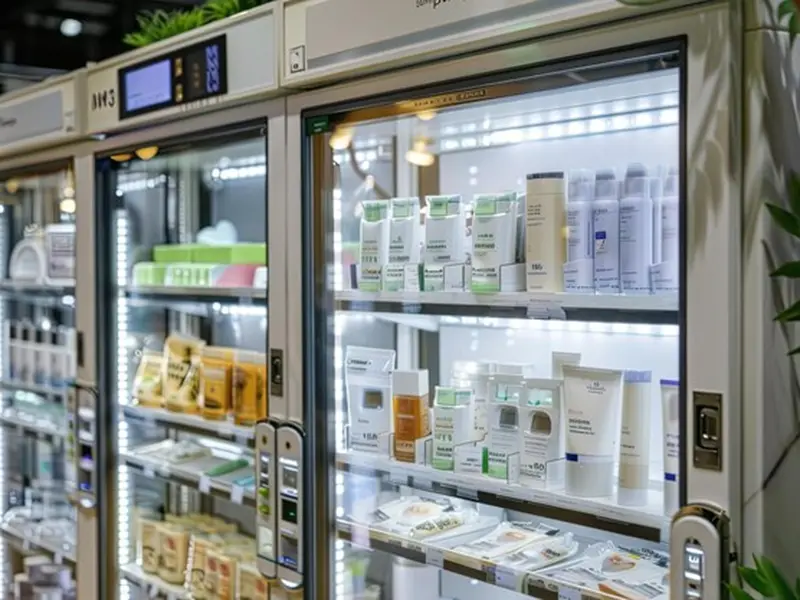
Requesting a wire tube condenser sample requires precision and collaboration with a trusted supplier. These condensers are vital in cooling systems, offering durability, efficiency, and high-pressure handling. They excel in industries like automotive, food and beverage, and renewable energy, ensuring reliable performance and energy savings. Ningbo Senjun New Materials Co., Ltd. (senjun) specializes in producing high-quality wire tube condensers for applications such as refrigerators, freezers, and medical ultra-low temperature refrigerators. Their expertise ensures optimal heat transfer and long-lasting performance, making them a preferred choice for diverse cooling needs.
Key Takeaways
- Look for trusted suppliers like Ningbo Senjun for good wire tube condensers. Use websites like Alibaba to compare choices and read reviews.
- Explain what you need, like size, materials, and use. This helps suppliers send the right sample for you.
- Talk politely with suppliers. Use email to ask clearly and follow up to check if they got your message and the timeline.
- Check the sample you get carefully for quality. Look at things like how strong the welding is and if it keeps moisture out.
- Tell the supplier what you think after testing. Share your results and talk about buying more if you are happy.
Identify the Right Supplier or Manufacturer
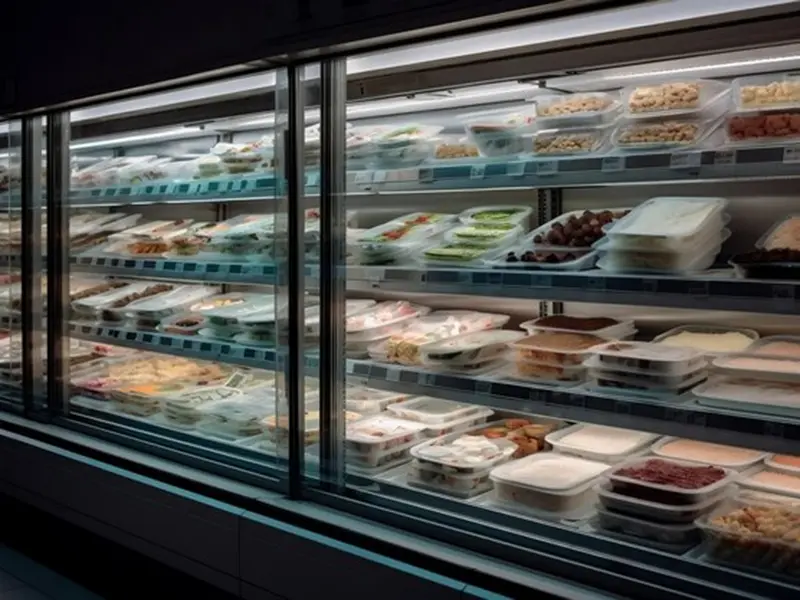
Research Reputable Suppliers
Explore platforms like Alibaba, Made-in-China, or supplier websites for options.
Finding a reliable supplier begins with thorough research. Platforms like Alibaba and Made-in-China offer a wide range of suppliers specializing in wire tube condensers. These platforms allow you to compare options, review supplier profiles, and assess their offerings. Supplier websites also provide valuable insights into their product range and expertise. For instance, Ningbo Senjun New Materials Co., Ltd. (senjun) stands out for its commitment to producing high-quality wire tube condensers and copper aluminum fin heat exchangers. Their products cater to diverse applications, including refrigerators, freezers, and medical ultra-low temperature refrigerators.
Look for companies like senjun, known for their expertise in wire tube condensers.
Top-rated suppliers like senjun, RETEK, and Aoyuecool have earned recognition for their quality and innovation. Senjun, in particular, excels in delivering durable and efficient wire tube condensers. Their focus on research and development ensures that their products meet the highest industry standards, making them a trusted choice for businesses worldwide.
Evaluate Supplier Services
Check if the supplier offers sample requests and customization options.
A reliable supplier should accommodate sample requests and provide customization options. Common customizations include adjustments in size, shape, and materials to meet specific project requirements. Senjun, for example, offers tailored solutions to ensure their wire tube condensers align with your unique needs.
Review certifications, customer feedback, and product quality.
Certifications like ISO 9001 indicate adherence to strict quality standards. Customer feedback provides insights into the supplier's reliability and service quality. Additionally, evaluating product quality ensures that the wire tube condenser meets your expectations. Suppliers like senjun consistently receive positive reviews for their high-quality products and excellent customer support.
Shortlist Based on Your Needs
Consider factors like location, lead time, and specific product requirements.
When shortlisting suppliers, prioritize those who align with your project needs. Evaluate their responsiveness to inquiries, availability of technical support, and warranty options. Lead times are also crucial; for instance, suppliers often deliver 1-1000 units within 10 days, while larger orders may require negotiation. Senjun's flexibility and commitment to timely delivery make them an ideal partner for businesses seeking reliable wire tube condensers.
Prepare the Necessary Information
Specify Your Requirements
Define the type, size, and design of the wire tube condenser you need.
When requesting a wire tube condenser sample, I always start by defining the exact specifications. This step ensures the supplier understands my needs and delivers a product that aligns with my project. Common specifications include dimensions, materials, and design features. For instance:
- Dimensions: Standard sizes range from 4U to 15U, depending on the application.
- Materials: Bundy tubes, made of steel coated with copper, are often preferred for their excellent thermal conductivity.
- Steel Wire Diameters: These typically range from 1.0 mm to 1.6 mm, with bracket thicknesses between 0.4 mm and 0.6 mm for added stability.
If customization is required, I ensure to communicate these details clearly. Companies like Ningbo Senjun New Materials Co., Ltd. (senjun) excel in tailoring wire tube condensers to meet specific requirements, enhancing performance and durability.
Include details like material preferences, cooling capacity, and intended application.
I also specify the cooling capacity and intended application. For example, HVAC systems demand high heat transfer efficiency, while food and beverage factories prioritize consistent cooling performance. Senjun’s expertise in producing condensers for refrigerators, freezers, and medical equipment ensures they can meet diverse application needs.
Clarify the Purpose of the Sample
Indicate whether the sample is for testing, prototyping, or evaluation.
Suppliers need to know why I’m requesting a sample. Whether it’s for testing, prototyping, or evaluation, this information helps them provide the most suitable product. For example, automotive applications require reliable cooling performance, while renewable energy systems focus on sustainable heating and cooling solutions.
Mention any specific project or client requirements.
If the sample is tied to a client project, I share those details. This might include specific cooling capacities or material preferences. For instance, power plants often require high-performance materials for energy efficiency, while refrigeration units in food factories demand energy-efficient designs to maintain food safety.
Estimate the Quantity and Timeline
Specify whether you need a single sample or multiple units.
I always clarify the quantity upfront. For initial testing, I might request a single unit. For larger-scale prototyping, I may need multiple samples. This helps the supplier plan production and delivery accordingly.
Provide an approximate timeline for your project.
Sharing my project timeline ensures timely delivery. For example, if I need the sample within two weeks for testing, I communicate this clearly. Senjun’s commitment to timely delivery makes them a reliable partner for such requirements.
Contact the Supplier
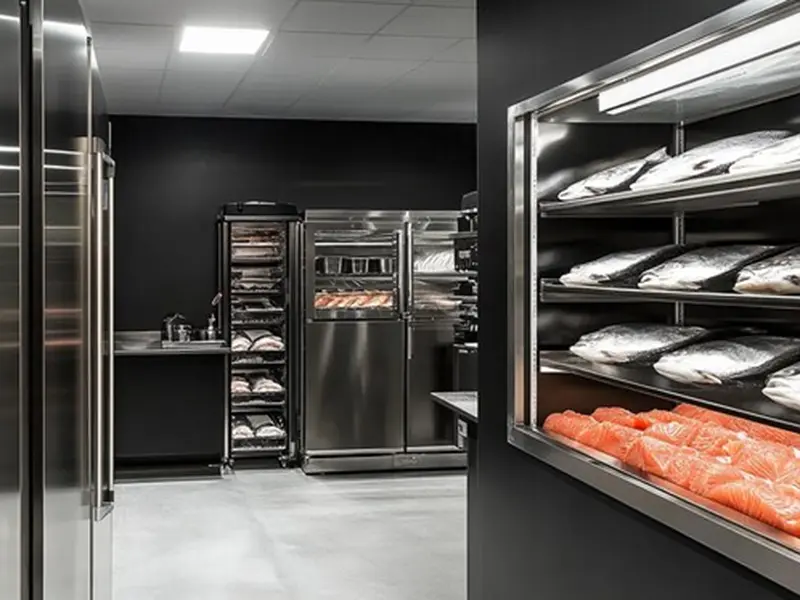
Choose the Best Communication Method
Use email for formal requests and detailed documentation.
I prefer email when I need to send a formal sample request. It allows me to provide detailed documentation, including specifications, project details, and timelines. Email also creates a written record of the communication, which is helpful for tracking progress. For instance, when I contact Ningbo Senjun New Materials Co., Ltd. (senjun), I ensure my email includes all necessary details to avoid delays.
Call the supplier for quick inquiries or clarifications.
Sometimes, I need quick answers or clarifications. In such cases, I call the supplier directly. A phone call helps me establish a personal connection and resolve any immediate concerns. For example, if I need to confirm the availability of a specific wire tube condenser model, a call saves time compared to waiting for an email response.
Fill out online forms if available on the supplier’s website.
Many suppliers, including senjun, offer online forms for sample requests. These forms are convenient because they guide me through the required information step by step. I make sure to double-check my entries before submitting the form to avoid errors.
Draft a Professional Request
Include your company name, contact details, and project information.
When drafting my request, I always include my company name, contact details, and a brief description of my project. This information helps the supplier understand my needs and prioritize my request. For example, I might mention that I am sourcing condensers for a new line of medical refrigerators.
Clearly state your sample request and provide all necessary specifications.
I ensure my request specifies the type of wire tube condenser I need, along with dimensions, materials, and cooling capacity. This clarity minimizes back-and-forth communication. For instance, if I need a refrigerator parts universal wire tube condenser, I mention its size and intended application.
Confirm and Follow Up
Ensure the supplier has received your request and ask for an estimated timeline.
After sending my request, I confirm receipt with the supplier. This step ensures my request hasn’t been overlooked. I also ask for an estimated timeline for sample preparation and delivery. Suppliers like senjun often provide clear timelines, which helps me plan my project efficiently.
Discuss any sample fees or delivery terms, such as those offered by senjun.
I always clarify sample fees and delivery terms upfront. For example, some suppliers charge $20 per piece for a single sample, while others may offer free samples for orders of up to five pieces at $60 each. Understanding these terms helps me budget effectively and avoid surprises.
| Product Description | Maximum Order Quantity | Sample Price |
|---|---|---|
| Refrigerator Parts Universal Wire Tube Condenser | 1 piece | $20.00/piece |
| Provide Free Samples Supplier Refrigerator wire tube oil cooled bundy tube | 5 pieces | $60.00/piece |
Follow-Up and Next Steps
Track Your Request
Stay in touch with the supplier for updates on your sample.
After submitting my request, I make it a priority to maintain regular communication with the supplier. This ensures I stay informed about the progress of my sample. For instance, I often send follow-up emails or make quick phone calls to confirm production timelines or shipping details. Suppliers like Ningbo Senjun New Materials Co., Ltd. (senjun) are known for their responsiveness, which makes tracking requests straightforward.
Address any additional questions or requirements they may have.
Sometimes, suppliers need clarification or additional details to fulfill my request accurately. I address these promptly to avoid delays. For example, if the supplier asks for confirmation on material preferences or cooling capacity, I provide the necessary information immediately. This proactive approach ensures a smooth process from start to finish.
Evaluate the Sample
Inspect the sample for quality and adherence to your specifications.
Once I receive the sample, I conduct a thorough inspection to verify its quality. I check parameters like welding strength, residual moisture, and certifications. Here’s a quick reference table I use during inspections:
| Quality Standard | Requirement |
|---|---|
| Welding strength of steel wire | ≥ 100N |
| Residual moisture (R134a system) | ≤ 5mg/100cm³ |
| Residual mineral oil (R134a system) | ≤ 100mg/100cm³ |
| Certifications | RoHS of bundy tube, low-carbon steel |
Test the sample in your application to ensure it meets your needs.
Testing the sample in real-world conditions is crucial. I use advanced methods like Eddy Current Technology and IRIS ultrasonic inspections to assess the condenser’s performance. For leakage and capacitance testing, I rely on condenser testers and high-voltage applications. These tests confirm whether the wire tube condenser meets my project’s requirements.
Provide Feedback and Plan Ahead
Share your evaluation results and suggestions for improvement.
After testing, I share my findings with the supplier. If I identify areas for improvement, I provide constructive feedback. For example, I might suggest adjustments in material composition or design to enhance cooling efficiency. Suppliers like senjun value this feedback and often incorporate it into future production.
Discuss potential bulk orders or further collaboration if satisfied.
If the sample meets my expectations, I initiate discussions for bulk orders. I also explore opportunities for long-term collaboration. Senjun’s expertise in producing wire tube condensers for applications like refrigerators, freezers, and medical equipment makes them an excellent partner for ongoing projects.
Requesting a wire tube condenser sample involves several essential steps. First, I identify a reliable supplier with strong quality assurance and customization options. Next, I prepare detailed specifications and clarify the purpose of the sample. Contacting the supplier with a professional request and following up ensures a smooth process. Clear communication and thorough preparation are critical for success.
I recommend senjun for their durable and efficient wire tube condensers. Their focus on innovation, quality materials, and customer satisfaction sets them apart. As the market evolves with advancements in materials and smart technologies, senjun remains a trusted partner for cooling solutions.
FAQ
What is the typical lead time for receiving a wire tube condenser sample?
Lead times vary by supplier. For instance, senjun often delivers samples within 10 days for small orders. Larger requests may require additional time. I recommend confirming timelines directly with the supplier to align with your project schedule.
Are there any fees associated with requesting a sample?
Some suppliers charge sample fees. For example, senjun offers free samples for up to five pieces at $60 each. I always clarify costs upfront to avoid surprises and ensure the request fits my budget.
Can I customize the wire tube condenser sample?
Yes, many suppliers, including senjun, provide customization options. I specify dimensions, materials, and cooling capacity to ensure the sample meets my project’s requirements. Customization enhances compatibility with specific applications like refrigerators or medical equipment.
How do I ensure the sample meets my quality standards?
I inspect the sample upon receipt. I check welding strength, residual moisture, and certifications like RoHS. Testing the sample in real-world conditions confirms its performance. Suppliers like senjun consistently deliver high-quality products that meet industry standards.
What industries benefit from wire tube condensers?
Wire tube condensers serve industries like automotive, food and beverage, and medical equipment. Senjun specializes in producing condensers for refrigerators, freezers, and dehumidifiers, ensuring reliable cooling solutions for diverse applications.









